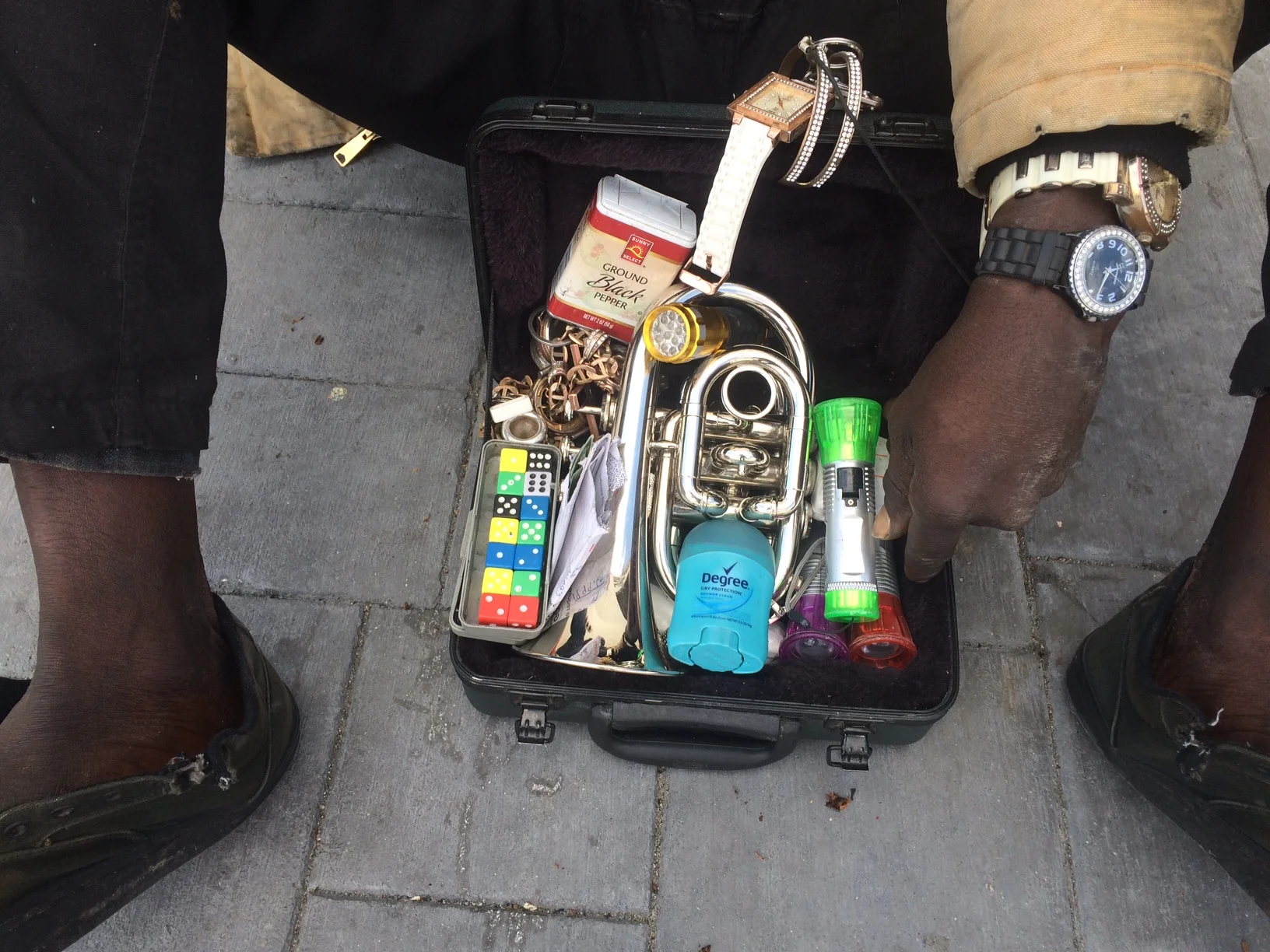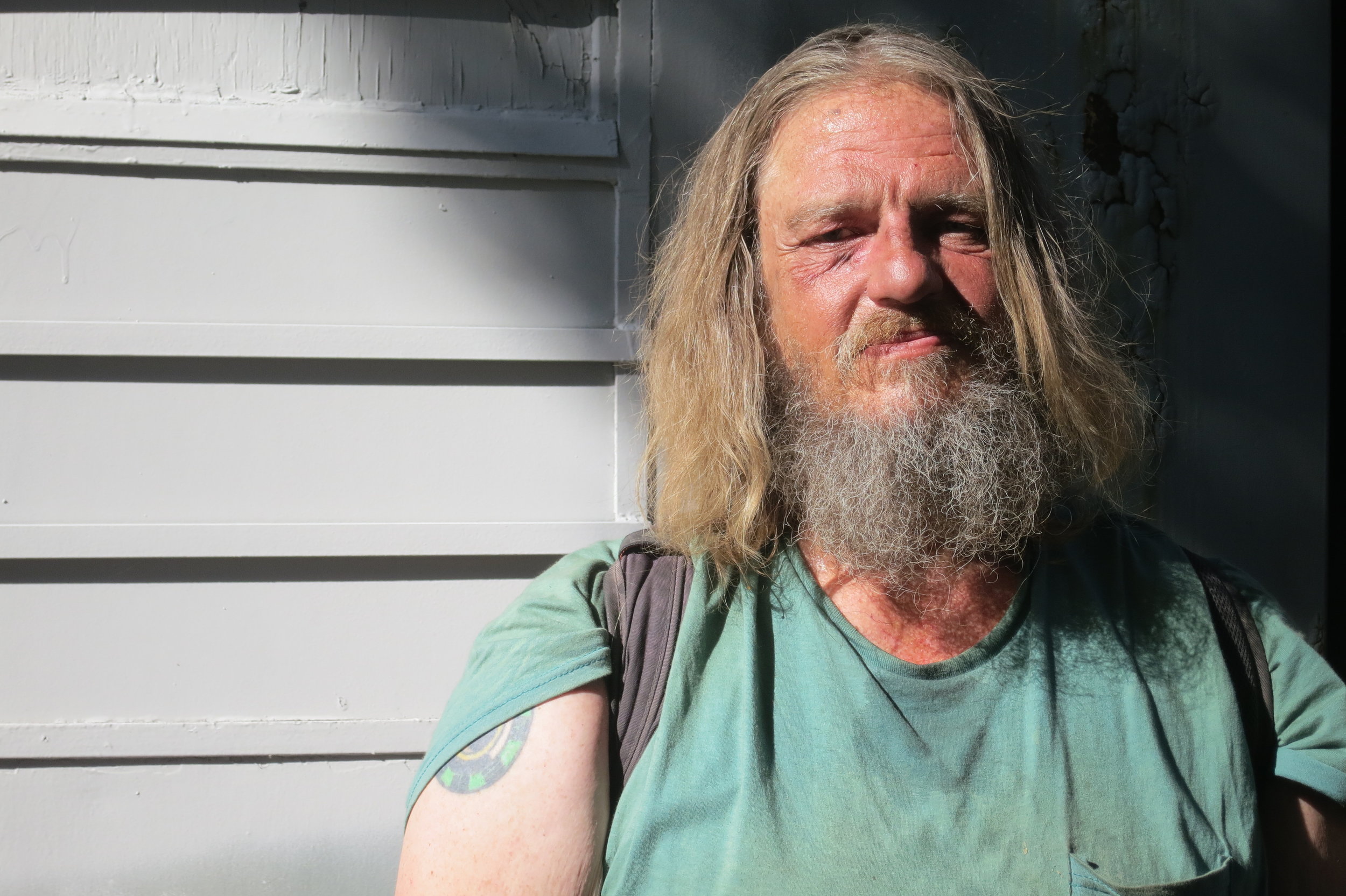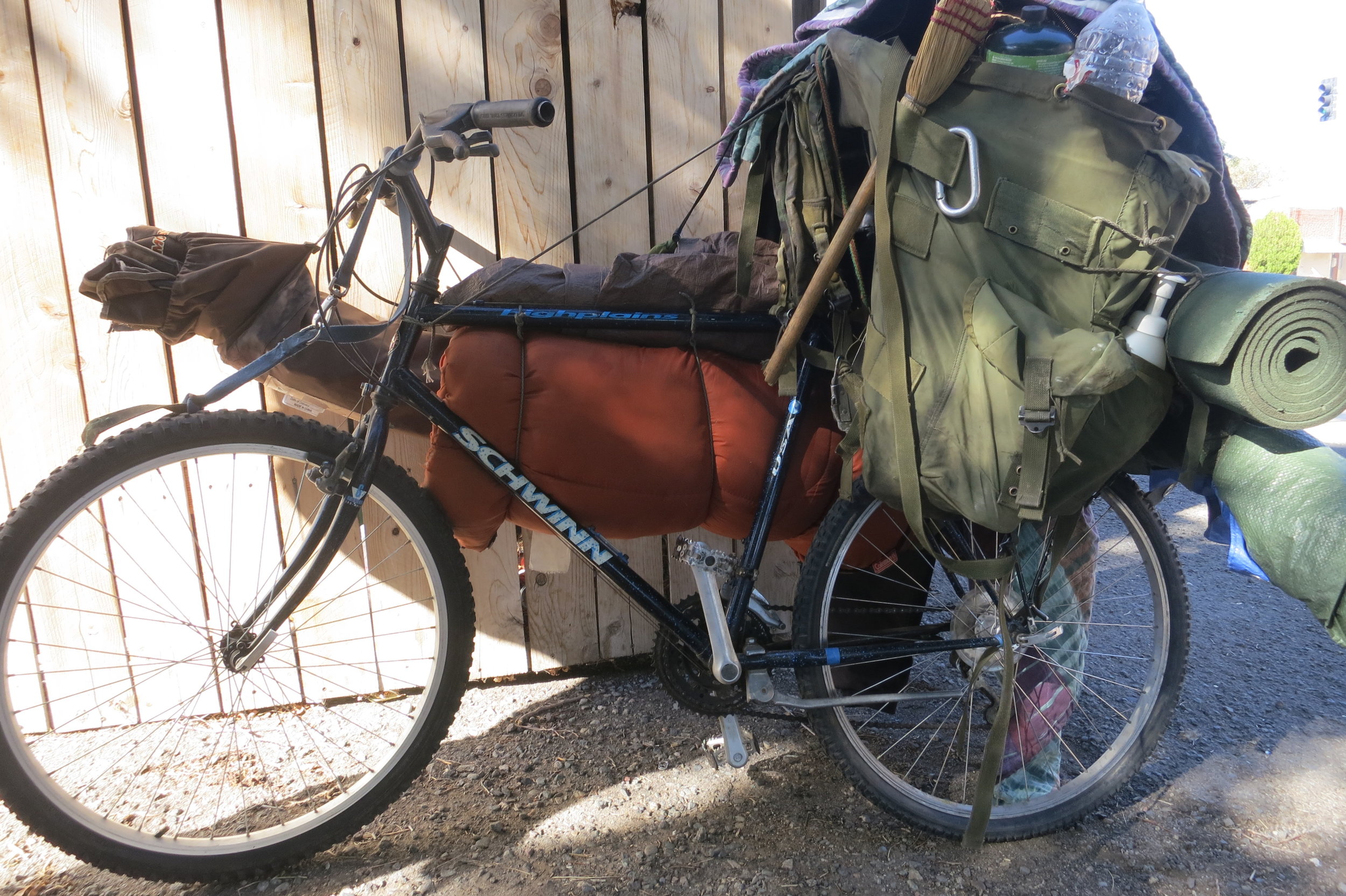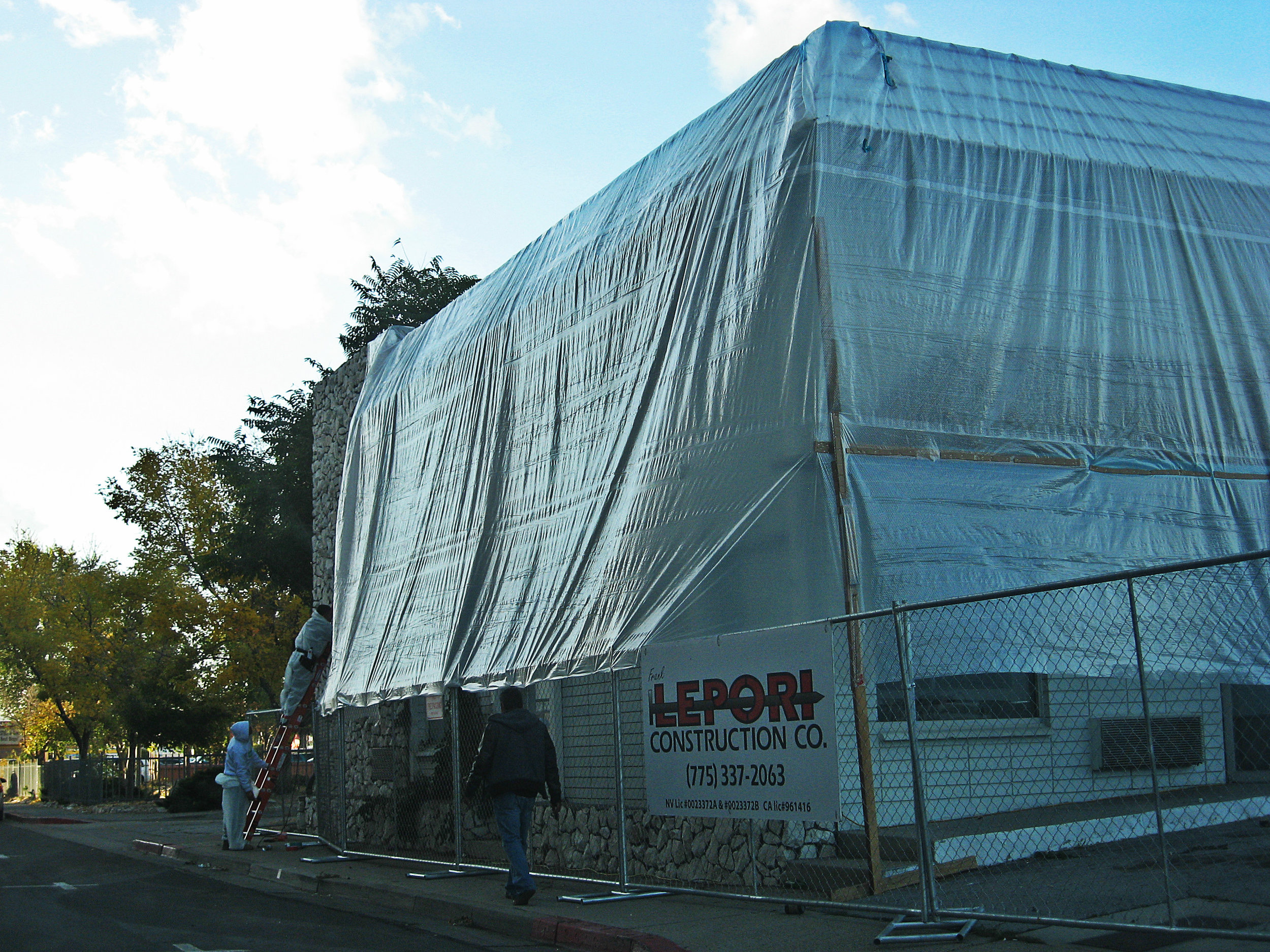Motel Owners Show Up to City Council to Save Motels from Possible Extinction
At 5:30 p.m., on a recent Monday, the Council Chambers at Reno's City Hall began to fill with local business owners. One row in particular, nearest to the front, filled up entirely, as seven men of different ages took their seats next to one another.
They were motel owners participating in one of the City of Reno-designed sessions referred to as the Motel Inspection Program Community Workshops. Basically, it was a forum to gather public feedback on figuring out how motels can continue to exist in Reno's changing landscape.
“They want to rightfully upgrade and do away with blight in downtown Reno, they don’t have a fight with the motel owners when it comes to things like that,” Walter “Eddie” Floyd said. “The biggest issue is what kind of expense are we going to be looking at because whatever expense there is will be then conveyed to the tenants.”
Floyd, a Reno entrepreneur in media and other ventures, who was one of the men in that filled-up row, is working with motel owners to help them with their public relations at a time their business model might be at the threat of local extinction.
New apartment complexes are springing up across Reno, but with high prices and demanding credit checks and deposits, these are unaccessible to many who now rely on motels for their housing. Photo by Robyn Feinberg for Our Town Reno
What Happens Next?
The City of Reno’s website says the overall aim of the workshops was to preserve affordable housing units while also ensuring they are both safe and properly maintained. Other facets of the workshops included talking about mitigating blight within Reno, and supporting revitalization efforts. But some motel owners say they fear new regulations and stricter inspections will make their current business model impossible. They also say they feel it’s a power and money grab currently going on for the new Reno where they will quickly find themselves on the losing side.
What happens next or when isn’t entirely clear, but there is talk long term rooms will have to be equipped with costly kitchenettes and there will be more stringent motel inspections which owners will have to pay for on a per room basis.
One motel owner said he thought it would be $100 per room, and he said, if you have about 100 rooms, that would be an “outrageous” amount of money. He said if motels remained open in those circumstances, tenants would have to foot some of the bill, which would make living in motels less affordable. Another motel owner said he thought he might have to follow others in selling his motel property as he said his business is quickly becoming unsustainable to turn any kind of profit.
Motels are being emptied out ahead of destruction. For motels still standing and not bought out yet, the proposed Motel Inspection Program aims to set a distinction for motels with extended stay options. Those that are advertised as extended stay motels are facing an imposition of fees, such as adding apartment-style details to the rooms, and paying for more inspections themselves. Photo by Robyn Feinberg for Our Town Reno
The Risk of More Homelessness
“One of the biggest issues our city is faced with right now is homelessness, and if you destroy 300 rooms you are putting about 600 to 700 people out on the streets, and these people can’t afford apartments in our town,” Floyd said of more and more motels with long stay options being bought out and bulldozed. “So, they either have to leave, which they can’t afford to do, or they have to go to the homeless shelters."
For several decades, motels in Reno have served as a housing option for thousands of low-income residents, as tenants only have to pay a flat fee per week in order to obtain a room, cable television, laundry service, and other amenities. Tenant fees tend to never reach more than $230 per week and many times require no deposits. These long stay motel rooms also tend to be more accessible for tenants with limited income, bad credit or criminal records.
Many motel residents pay their rooms month to month, and some for years on end as most cannot afford deposits or rising rents in Reno. The average motel tenancy is estimated at 50 percent of senior citizens according to city documents.
With more and more of downtown properties being bought out by companies such as Jacobs Entertainment, motels are being demolished with little to no word in the public realm on a large-scale affordable housing replacement solution – which if it does exist could take years of planning before implementation and realization.
“The tenants don’t want this, I have a stack of letters, probably 8, 9, 10 inches, from residents saying ‘Please don’t move me I’m a senior,’ or ‘Please don’t move me I’m trying to improve my life going to college and this all I can afford, I can’t afford anymore,’” Floyd said of tenants living in motels they fear will soon be bulldozed away.
Representing MOST= Motel Owners Support Team
While Floyd does not own a motel in Reno himself, he was informally hired by a group of motel owners to be their public relations manager and lobbying spokesman four months ago.
“I’m the spokesperson for a majority of the downtown motels and the owners of the motels, and it’s called M.O.S.T and that M.O.S.T stands for Motel Owners Support Team,” Floyd said.
Floyd’s job consists of communicating with the community and City Council members on the owners’ behalf.
“He’s basically helping us represent ourselves, getting the motel owners together, and all of the public relations work,” said Nav Bajwa, the owner of several local motels, including the Pony Express Lodge. Bajwa was contacted via phone.
The Jacobs Entertainment group has also purchased the current Sands casino as part of plans to create a new entertainment district in the downtown corridor.
Motel Owners Give Voice to Their Concerns
A self-proclaimed public relations man, Floyd is the founder of World Matters Inc., a company providing programming for radio stations, including a radio show known as America Matters Media. Bajwa sais that several other motel owners had originally begun working with Floyd when they bought spots on his radio show in order to express their concerns over current development issues in Reno.
“We figured that we would buy some radio spots, and he [Floyd] ended up helping us,” Bajwa said.
He said this new platform helps him and other motel owners voice their concerns to the public.
“They [the motel owners] do things that people don’t even know about, like once a month they will take tons of food to the homeless,” Floyd said. “And the weekly motels, some of them are truly bad ... (but) some of them are needed, otherwise we are going to have the most horrendous homeless problem on our hands that you can imagine,” he said.
Floyd said he enjoys working with Reno’s motel owners, and that the majority of them want to improve their properties. When asked if Reno was facing a moral dilemma between development projects and the growing homeless population, Floyd’s answer was simple: “There is no question about that.”
Floyd's radio programming with America Matters Media served as an initial soapbox for motel owners, and then led to an even closer partnership.
Hopes to Open a Lodge for the Homeless on a Ranch
Floyd says he also wants to help the growing local homeless population.
“I’m going to open a lodge," he said. "The reason I’m going to open a lodge doesn’t just have to do with the homeless, but it has to do with military veterans suffering from PTSD and also people who have been suffering from addiction and they’re trying to get over it—those are the two main thrusts. I’d be helping the homeless, you have to understand how many of our veterans are homeless, it’s disgusting. [And] So many addicts are homeless.”
The lodge Floyd is talking about is still in the planning and design stages which he said would take at least a year to be constructed and then be useable.
Floyd plans to build a new lodge to house homeless people on his property, the Wynema Ranch, located 29 miles from Reno on the California/Nevada border. The ranch already serves as a wild horse sanctuary which he runs with his wife, Shari Floyd.
A Checkered Past Not Impeding His Drive to Help
Floyd says he has struggled himself with addiction and will be sober 11 years this June.
“I’m one person, and I can’t take care of everybody so I had to pick my battles and my battles are for our military veterans and for our people recovering from addictions,” he said.
Floyd plans to set up donations for the planned lodge, as well as apply for federal and state business grants. To be able to run the lodge, and get the necessary regulatory approvals, he says he will start his own PR campaign for the project.
Floyd, who was convicted of drug money laundering in 2007 and sentenced to four years in prison by a federal judge, said that that conviction will not affect the business he plans to open or any grants he plans on applying for.
When asked if helping others was a mission in his life, Floyd responded that he only wanted to help the people who were willing to help themselves first.
“If I can help the homeless, especially by taking care of veterans and people recovering from addiction, that’s my goal, because without that help, they would be homeless and I don’t want to add to the homeless problem, I want to subtract from the homeless problem.”
For now, he is also helping motel owners who he says are keeping people off the streets with the affordable rooms they provide, a business model now at risk in the changing Reno landscape.
Note: Interviews with Eddie Floyd were conducted in-person and via email. Comments from Nav Bajwa were collected via phone call. Some interview answers were edited/adjusted for clarity with no change to the original content or meaning.
Reporting and Photos by Robyn Feinberg for Our Town Reno















































































